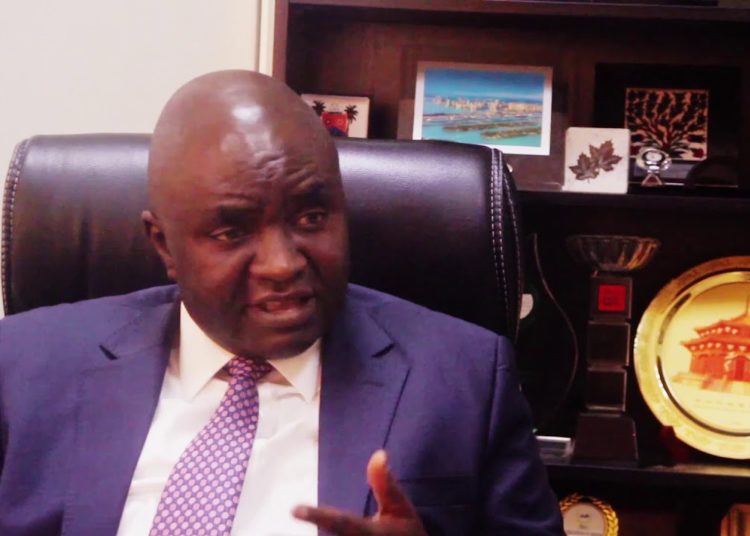As Nigeria celebrates its 65th anniversary of independence, the Centre for the Promotion of Private Enterprise (CPPE) has urged the government to prioritise key areas for sustainable development.
The director/CEO of CPPE, Dr Muda Yusuf, stated that Nigeria must focus on deepening economic diversification, strengthening governance and institutions, investing in human capital, accelerating infrastructure development, and ensuring inclusive growth, saying that these strategic interventions are crucial for unlocking the country’s economic potential, creating jobs, reducing poverty, and promoting shared prosperity.
He noted that “Nigeria’s economic history at 65 is one of resilience, missed opportunities, and enormous untapped potential. The current reform agenda presents a rare opportunity to reset the economy on a path of stability, competitiveness, and shared prosperity.
“Seizing this moment will require consistent policies, institutional strengthening, and a deliberate effort to ensure that economic growth translates into improved living standards for citizens.
According to Yusuf, the government has implemented bold reforms in the last two years, including exchange rate unification, fuel subsidy removal, and tax policy adjustments. These measures have imposed short-term pain, high inflation and reduced household purchasing power, but early signs of macroeconomic stabilisation are emerging.
“To sustain reform momentum, these measures must be complemented by targeted social protection programs, cash transfers, food security interventions, and job-creation initiatives to shield vulnerable households and maintain public support.”
He added that Nigeria’s estimated 230 million population is both a significant opportunity and a daunting challenge, saying that “infrastructure such as roads, power, housing, education, and healthcare remains grossly inadequate, undermining productivity and competitiveness. Aggressive infrastructure investment, leveraging public-private partnerships and innovative financing models, is no longer optional but an urgent necessity.”
He stated that “persistent macroeconomic instability continues to weigh on growth. The naira’s dramatic depreciation, from being stronger than the U.S. dollar in the 1970s to N1,600 per dollar in 2024, has eroded purchasing power, raised production costs, and discouraged investment.
“Rising public debt and unsustainable debt-service-to-revenue ratios have constrained the fiscal space, limiting governments’ capacity to fund critical infrastructures.
“Policy priorities must focus on restoring currency stability through credible monetary policy, expanding foreign exchange supply by growing non-oil exports, improving public spending efficiency, plugging fiscal leakages, and raising non-oil revenue without stifling private enterprise. The good news is that the economy has been experiencing a remarkable degree of stability over the last year.”
He disclosed that Nigeria has experienced eight recessions since independence, in 1967, 1975, 1978, 1981–1983, 1993, 2016, and 2020, largely triggered by oil price shocks, fiscal mismanagement, or global crises. Each downturn revealed the same structural fragilities: heavy reliance on oil revenues, weak non-oil exports, and excessive import dependence.
“Building resilience will require export diversification, fiscal discipline, and the creation of credible stabilisation mechanisms to ensure stability of government spending during periods of revenue volatility.”






